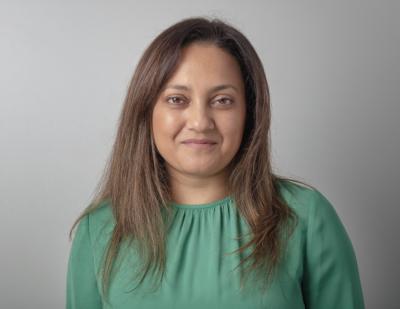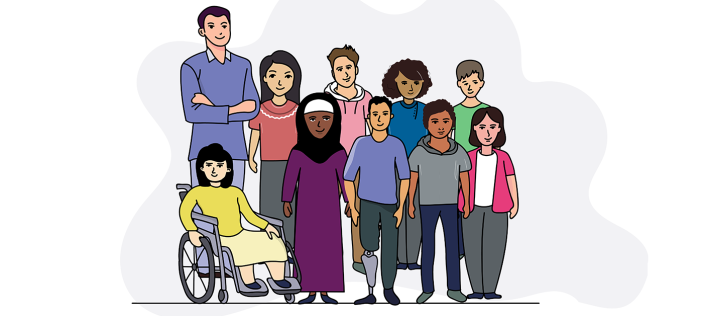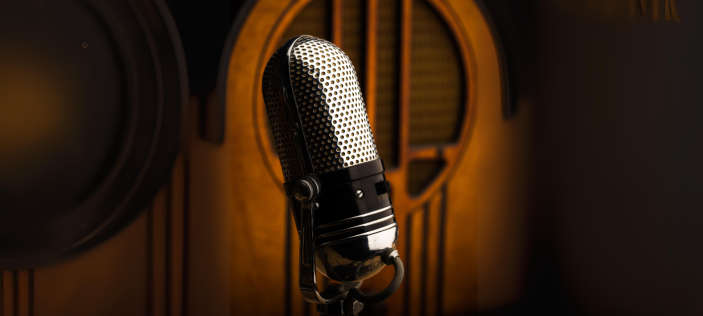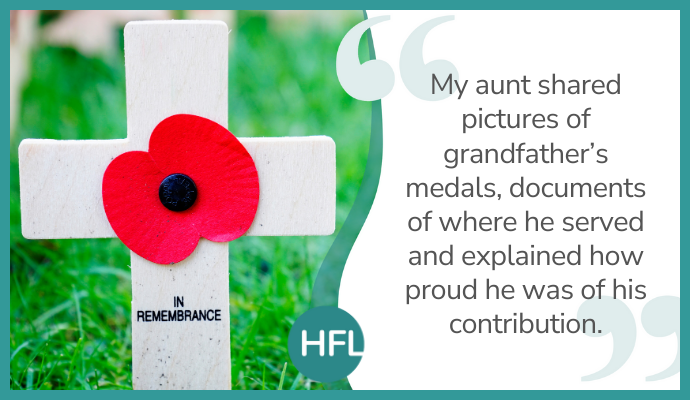
Two years ago, a couple of my colleagues asked me if I knew anyone in my family that had fought for Britain in the First or Second World War. They asked as they intended to share the real histories of staff and pupils for Remembrance Day. My immediate response was, ‘No,’ but the question reminded me of a picture I once saw as a child of my grandfather wearing medals. I decided to track down that photograph. I contacted my aunt and, from her, discovered my grandfather to have been a proud British soldier who fought in Burma during the Second World War. My grandfather had served directly under Lord Mountbatten and spoke of him with much love and respect; his children had never seen their father cry until he heard of Lord Mountbatten’s death. My aunt shared pictures of grandfather’s medals, documents of where he served and explained how proud he was of his contribution. He even chose to be buried alongside his fellow soldiers in Brookwood Military Cemetery in Woking. My aunt shared many stories that I hope to go back and document in greater detail.
This had been an emotional discovery for me. I had not known that my grandfather was one of the 2.3 million soldiers who made up the Indian army that fought for Britain. I had never learned about the contributions that our Indian and African soldiers made to the world wars in school. Sitting through every ‘Remembrance’ assembly, as a child and in the 18 years of my teaching experience, I had no idea that these moments were relevant to the contributions of people from my own community. I never heard in school any mention of sacrifices made by soldiers from the Commonwealth, and my two teenage children tell me they have not either.
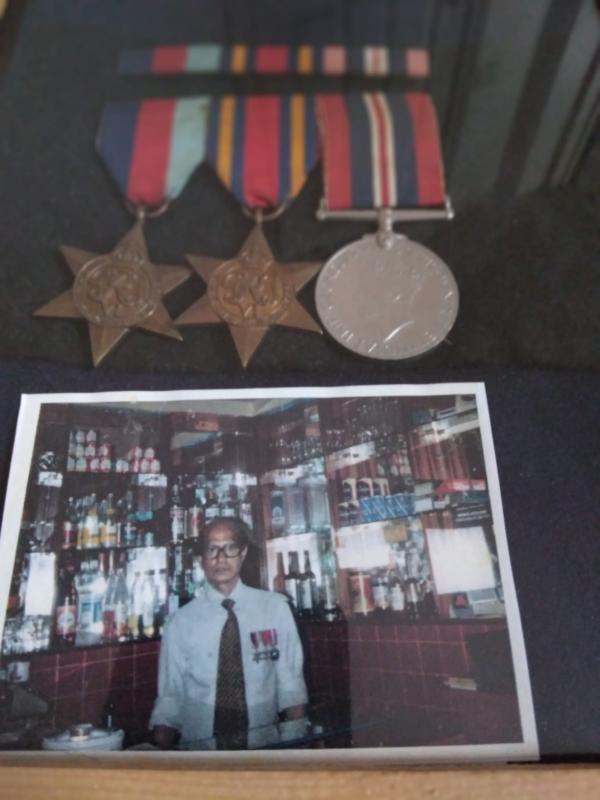
These revelations, received at the age of 41, upset me deeply. What difference would it have made to me as a young British Bengali Muslim girl growing up, if I had learned about the sacrifices that our grandfathers made for this country? What difference would it have made to my understanding of my identity and relationship to Britain? What difference would it have made to all my White British friends, if they had known about all the soldiers from around the world who fought for Britain? The true diversity within British history is still not taught enough in our schools and, in some, not at all. I hope that, going forward, all schools will teach about the range of British contributions that were made in the world wars and that our children grow up understanding the shared history that unites us all. History helps pupils to understand the complexity of people’s lives, the process of change, the diversity of societies and relationships between different groups, as well as their own identity and the challenges of their time. There is much work to be done to diversify the curriculum, but one place to start is in sharing and exploring the powerful untold stories of all our families.
